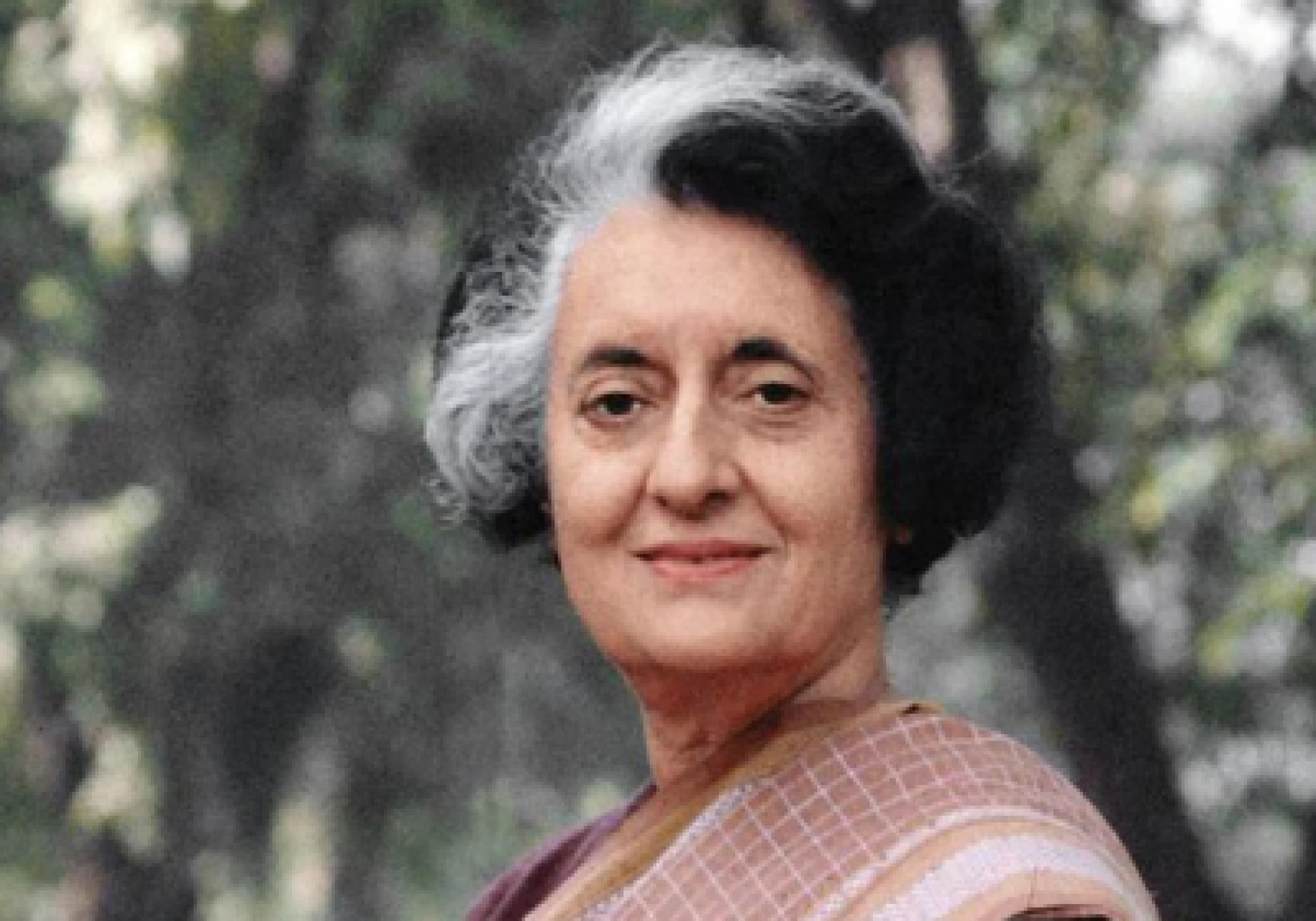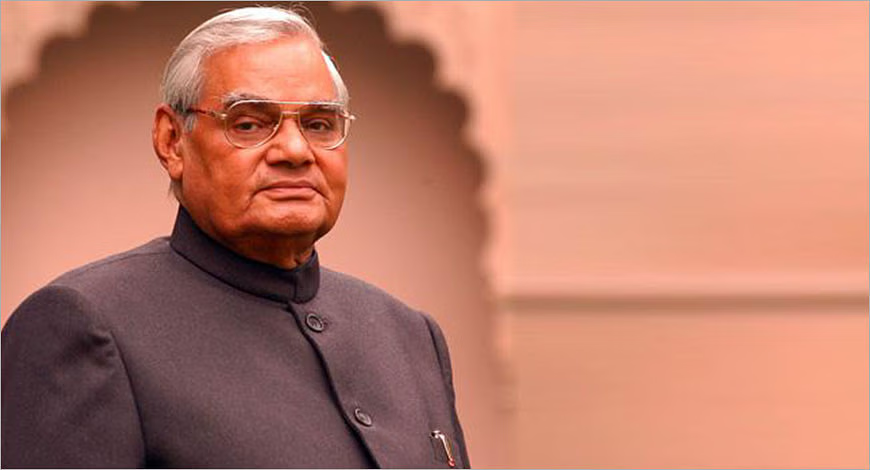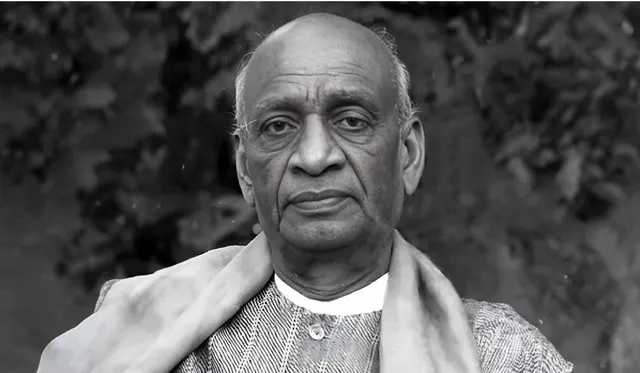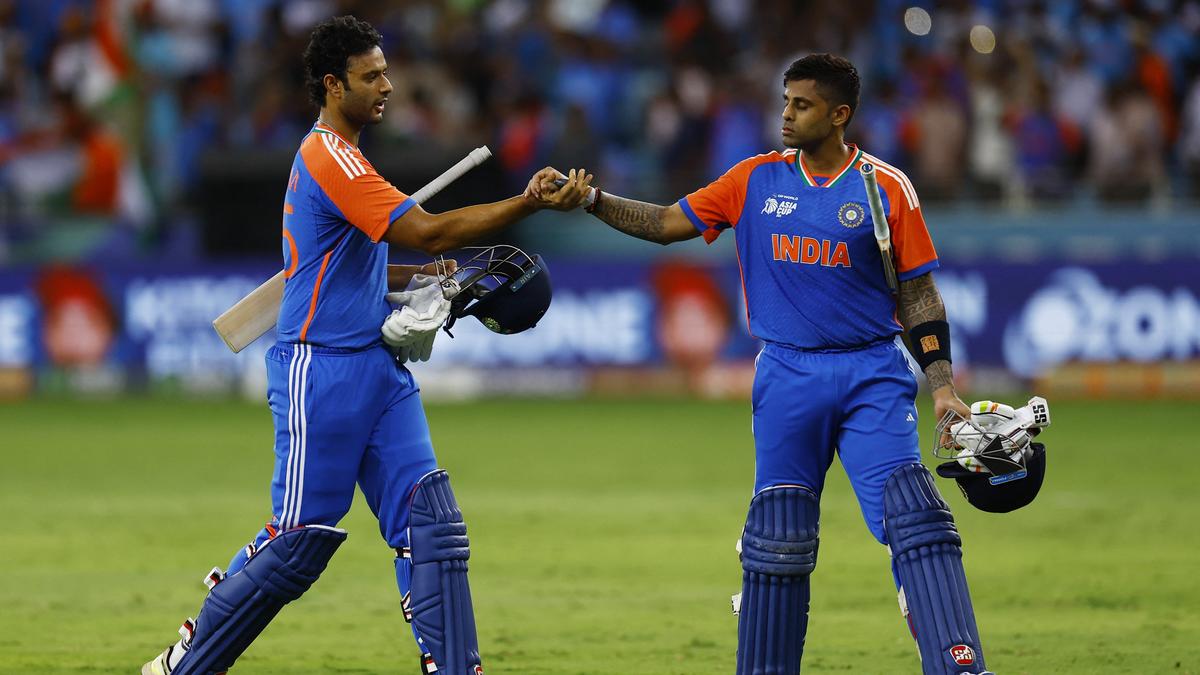Arun Jaitley Biography: Life, Political Journey, Achievements, and Legacy
Introduction
Arun Jaitley was one of India’s most respected leaders, lawyers, and administrators. A senior Bharatiya Janata Party (BJP) politician, he served as the Union Finance Minister (2014–2019) and was instrumental in implementing landmark reforms such as the Goods and Services Tax (GST) and Insolvency and Bankruptcy Code. Known for his sharp intellect, legal expertise, and consensus-building abilities, Jaitley left behind a rich legacy as one of the architects of India’s modern economic policies. The Arun Jaitley Biography reflects the story of a lawyer-turned-politician who became one of the most trusted faces of Indian governance.
Personal Information
- Full Name: Arun Jaitley
- Date of Birth: 28 December 1952
- Birthplace: Delhi, India
- Nationality: Indian
- Zodiac Sign: Capricorn
- Date of Death: 24 August 2019 (aged 66)
- Place of Death: New Delhi, India
Physical Appearance
- Height: 5 feet 7 inches (170 cm)
- Weight: Approx. 78 kg
- Hair Color: Black (partially grey)
- Eye Color: Black
- Build: Average
Early Life and Childhood
Arun Jaitley was born into a Punjabi Hindu family in Delhi. His father, Maharaj Kishen Jaitley, was a lawyer, while his mother, Ratan Prabha Jaitley, was a homemaker. Growing up, Jaitley displayed exceptional academic abilities and a flair for public speaking.
Education
- Completed schooling at St. Xavier’s School, Delhi.
- Earned a B.A. (Honours) in Commerce from Shri Ram College of Commerce (SRCC), Delhi University.
- Studied Law (LLB) at Delhi University’s Faculty of Law.
During his student days, he became active in student politics, emerging as a leader in the Akil Bharatiya Vidyarthi Parishad (ABVP).
Entry into Politics
- Became President of Delhi University Students’ Union (DUSU) in 1974.
- During the Emergency (1975–77), Jaitley was jailed for his activism against authoritarian rule.
- This period shaped his political ideology and aligned him closely with the RSS and BJP.
Career as a Lawyer
- Built a successful career as a senior advocate in the Supreme Court of India.
- Represented high-profile cases in corporate and constitutional law.
- Appointed Additional Solicitor General of India (1989) under the V.P. Singh government.
Rise in National Politics
- 1999–2004: Served as Union Minister of Law & Justice, Information & Broadcasting, and Disinvestment in the Atal Bihari Vajpayee government.
- Known for his role in strategic disinvestments of PSUs and legal reforms.
- Became BJP’s chief spokesperson and one of the party’s most articulate voices.
Union Finance Minister (2014–2019)
As Finance Minister in Narendra Modi’s government, Arun Jaitley became the architect of major economic reforms.
Key Contributions:
- Goods and Services Tax (GST): Successfully implemented India’s biggest tax reform.
- Insolvency and Bankruptcy Code (IBC): Brought transparency and accountability to corporate governance.
- Demonetization (2016): Managed fiscal policies during this landmark economic move.
- Digital India push: Expanded cashless economy and fintech initiatives.
- Economic Growth: Oversaw India’s rise as one of the fastest-growing economies globally.
Major Achievements
- Implementation of GST, simplifying India’s tax structure.
- Instrumental in IBC reform, strengthening India’s financial system.
- Served as Defence Minister (interim, 2014 & 2017) and Corporate Affairs Minister.
- Known as a consensus-builder, respected across political lines.
Challenges and Criticism
- Criticized for handling of demonetization and its economic aftermath.
- Faced challenges in slowing growth rates and banking sector NPAs.
- Health issues, including diabetes and a kidney transplant, affected his later career.
Personality and Leadership Style
Arun Jaitley was admired for his calm demeanor, sharp intellect, and ability to build consensus. Unlike fiery politicians, he relied on logic, persuasion, and negotiation. His strong legal background made him a trusted strategist for BJP.
Legacy and Impact
The Arun Jaitley Biography reflects the journey of a lawyer, reformer, and statesman. His economic reforms, especially GST and IBC, transformed India’s financial landscape. Beyond politics, he is remembered for his integrity, intellect, and vision for modern India.





